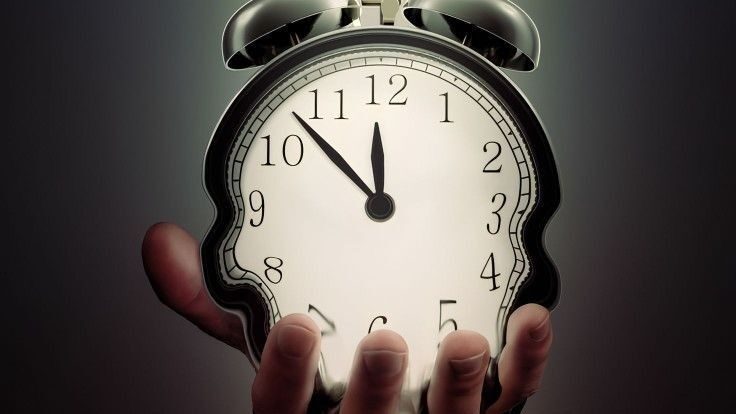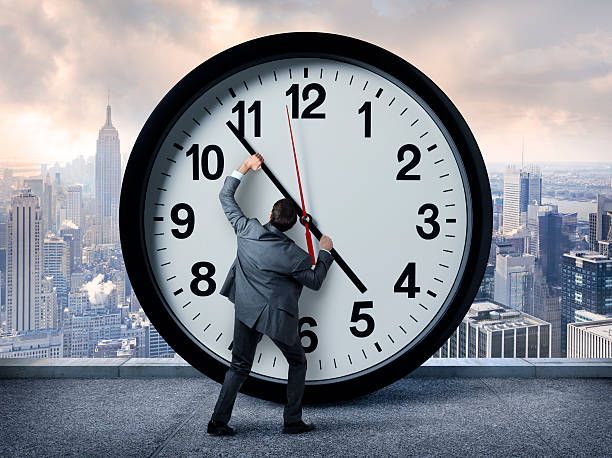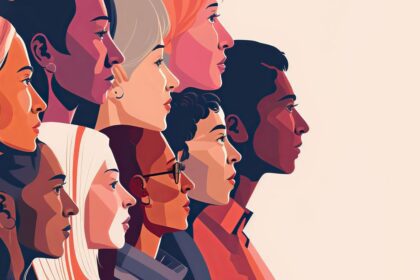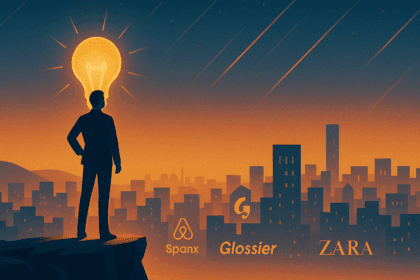For decades, Silicon Valley celebrated the founder who worked 100-hour weeks, slept under desks, and wore burnout like a badge of honor. This ethos, widely known as “grind culture,” has long been hailed as the cost of building billion-dollar companies. But a growing generation of founders is rejecting this narrative. Instead of glorifying exhaustion, they are prioritizing balance, mental health, and long-term sustainability. This cultural shift is not just about personal well-being it is redefining what entrepreneurial success looks like in the global startup ecosystem.

The Rise and Fall of Grind Culture
Grind culture emerged alongside the tech boom of the late 1990s and early 2000s. Icons like Elon Musk and Steve Jobs popularized the myth that relentless work was the only path to impact. Yet studies from the World Health Organization show that excessive working hours contribute to a 35% higher risk of stroke and a 17% higher risk of heart disease. For many founders, the math no longer adds up: what’s the point of building the next unicorn if it costs your health and relationships?
The pandemic accelerated this reckoning. With remote work blurring boundaries and mental health crises surging, entrepreneurs began questioning whether “always-on” leadership actually produces better outcomes. Increasingly, the answer seems to be no.
Redefining Success Beyond Burnout
Today’s founders are shifting the focus from hours logged to impact created. A 2023 report from Deloitte found that 70% of millennial and Gen Z leaders prioritize purpose over profit when evaluating their success. In practice, this means embracing flexible work models, encouraging breaks, and structuring companies around output rather than presenteeism.
Take Basecamp, the project management firm, as a case study. Its founders famously capped work weeks at 40 hours and pushed against Silicon Valley’s hustle mythology. Not only did the company remain profitable, but it also demonstrated that productivity thrives in environments that value rest.
The Mental Health Imperative
According to the American Psychological Association, 62% of entrepreneurs report feeling burned out at least once during their careers. Unlike previous generations, today’s founders are more willing to seek therapy, mindfulness practices, or coaching to maintain resilience. Venture capitalists, too, are recognizing the financial value of founder wellness. Firms like Felicis Ventures have experimented with offering mental health stipends to their portfolio founders, betting that a healthy leader is a more effective one.
Global Perspectives on Work-Life Balance
While Silicon Valley has historically defined startup culture, global founders are bringing alternative models into the spotlight. In Scandinavian countries, where six-hour workdays and generous parental leave are common, startups have produced globally competitive companies without demanding 24/7 availability. Meanwhile, in Japan, where “karoshi” (death from overwork) remains a social issue, younger founders are actively working to break away from toxic work norms.
This international context underscores a powerful truth: there is no universal law tying entrepreneurial success to burnout. The future belongs to founders who adapt global best practices to local realities.
The Future of Entrepreneurial Culture
The rejection of grind culture signals a broader recalibration of what it means to lead. Investors are beginning to reward sustainable growth over hyper-scaling at all costs. Employees, especially Gen Z talent, demand workplaces that respect personal time. Customers, too, increasingly prefer brands that reflect human-centered values. Together, these forces are pushing founders toward a healthier, more humane definition of entrepreneurship.
In the coming decade, the entrepreneurs who thrive will not be those who sacrifice everything, but those who build companies that last and leaders who endure.

Conclusion: Building Businesses That Don’t Break Founders
Grind culture may have fueled the last wave of unicorns, but its human toll is undeniable. Founders today are writing a new playbook one that values rest as much as resilience, impact as much as income, and sustainability as much as scale. The shift away from grind culture is not a retreat from ambition, but a recognition that true innovation requires clarity, creativity, and long-term health.






